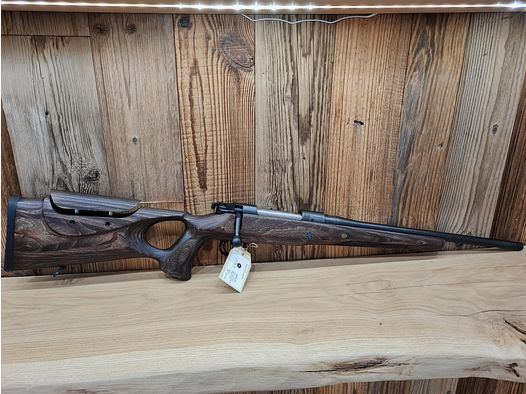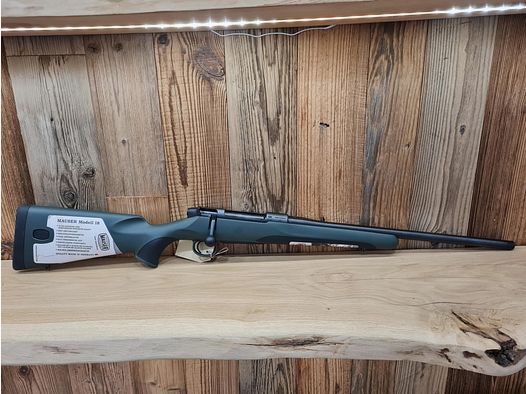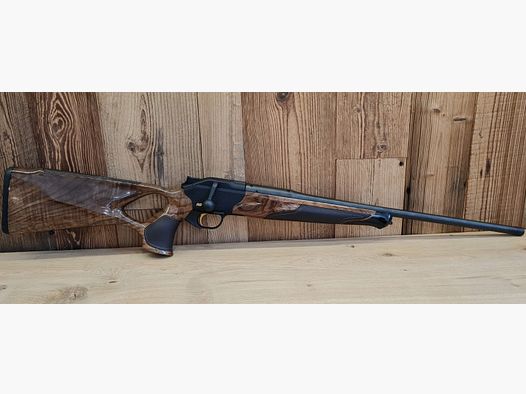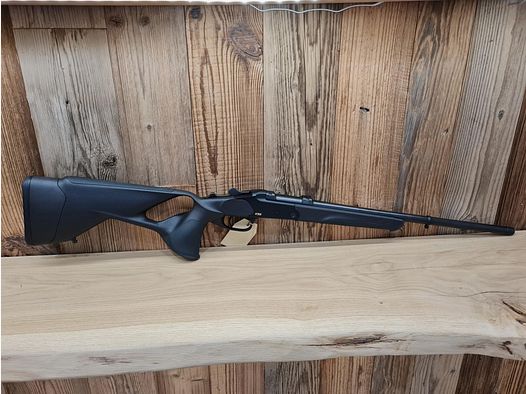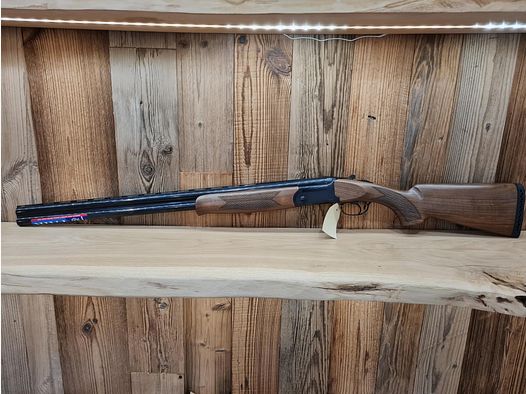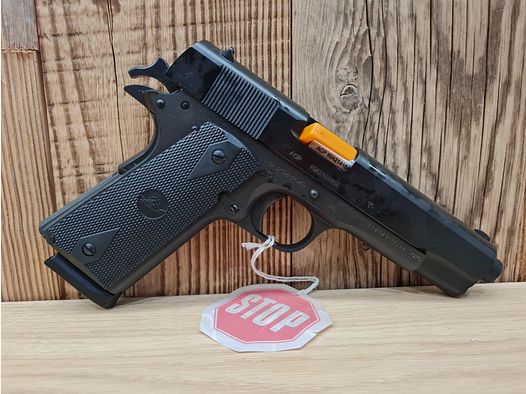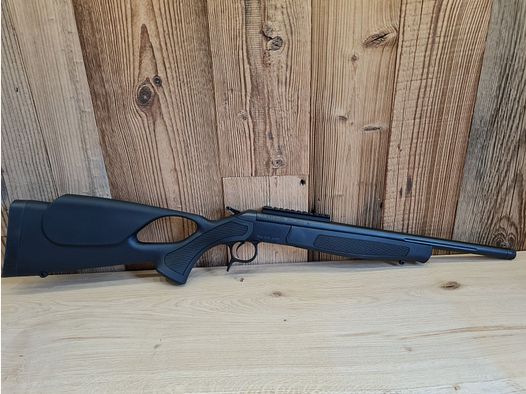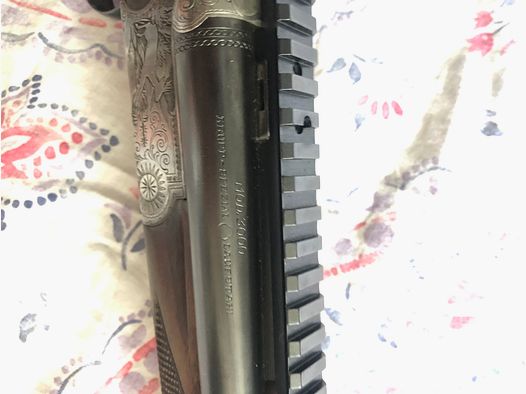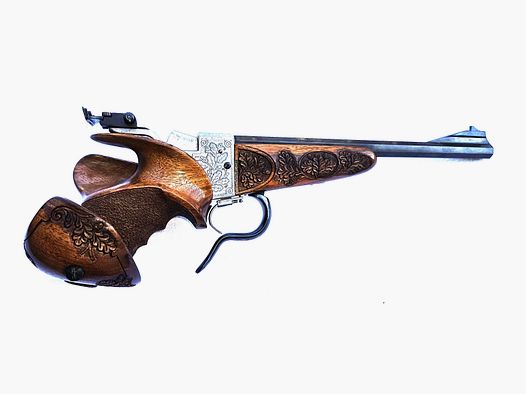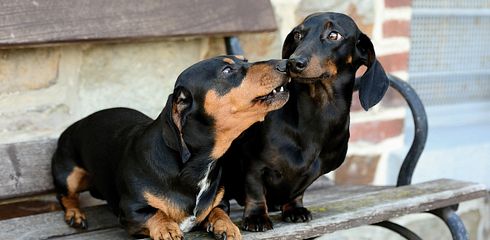Large dog breeds die significantly earlier compared to small dogs. Scientists have found that this is due to cellular biological processes. In the animal kingdom, the size of a living being usually has a positive influence on life expectancy, but this is different for dogs. The breeding of large dogs has unintentionally led to a shortened lifespan, while small dogs have a longer life expectancy.
The impact of size on life expectancy in dogs
The size differences between dog breeds are sometimes extreme. Through selective breeding, breeds have emerged that vary not only in size but also in body structure, coat type, and coat color. For example, an Irish Wolfhound can be up to 50 times larger than a Chihuahua, even though both dogs belong to the same species. The breeding focused mainly on producing larger dogs, and the life expectancy of the animals was neglected. This unintentionally led to large dog breeds dying earlier compared to small dogs.
The influence of the growth process
The growth process plays an important role in the different life expectancies of large and small dogs. Puppies of large dog breeds grow faster and gain weight quickly. An adult Great Dane can weigh up to 90 kilograms, while an adult Chihuahua reaches a maximum of three kilograms. The rapid physical growth of puppies of large dog breeds requires an enormous energy intake. This process leads to the formation of harmful molecules, known as free radicals, which occur in the cells. Studies have shown that puppies of large dog breeds have a higher concentration of free radicals compared to small dogs.
The harmful effects of free radicals
Free radicals are molecules that are missing an electron. To replace their missing electron, they try to steal electrons from other cells, which can lead to damage to cell membranes. This damage can lead to various diseases, including cancer. Fortunately, there are antioxidants in the body that can neutralize the harmful effects of free radicals. However, a higher concentration of free radicals also requires a higher amount of antioxidants.
The effects on aging in large dog breeds
The high metabolism and rapid growth of large dog breeds lead to the production of many free radicals. Since the concentration of free radicals is greater than the amount of available antioxidants, damage to the cells occurs. This oxidative stress accelerates the aging process and causes large dog breeds to age and die earlier than small dogs.
The significance of the findings for dog breeding and health care
The insights into the cellular biological processes related to the life expectancy of dogs have important implications for dog breeding and health care. Breeders should not only pay attention to the size and appearance of the dogs but also to their health and life expectancy. A conscious selection of breeding partners considering these factors can help increase the life expectancy of dogs.
For dog owners, it is important to consider the specific needs of large dog breeds. Proper nutrition, regular veterinary check-ups, and adequate exercise can help promote the health and life expectancy of these dogs. Research findings show that lifestyle and care can have a significant impact on the lifespan of dogs.
Although large dog breeds have a shortened lifespan compared to small dogs, conscious breeding selection and proper care can help increase life expectancy. The differences in cellular biological processes, especially related to the rapid growth of large dog breeds, significantly contribute to these differences. Through targeted selection of breeding partners and comprehensive health care, dog breeders and owners can help ensure that large dogs can lead long and healthy lives.



